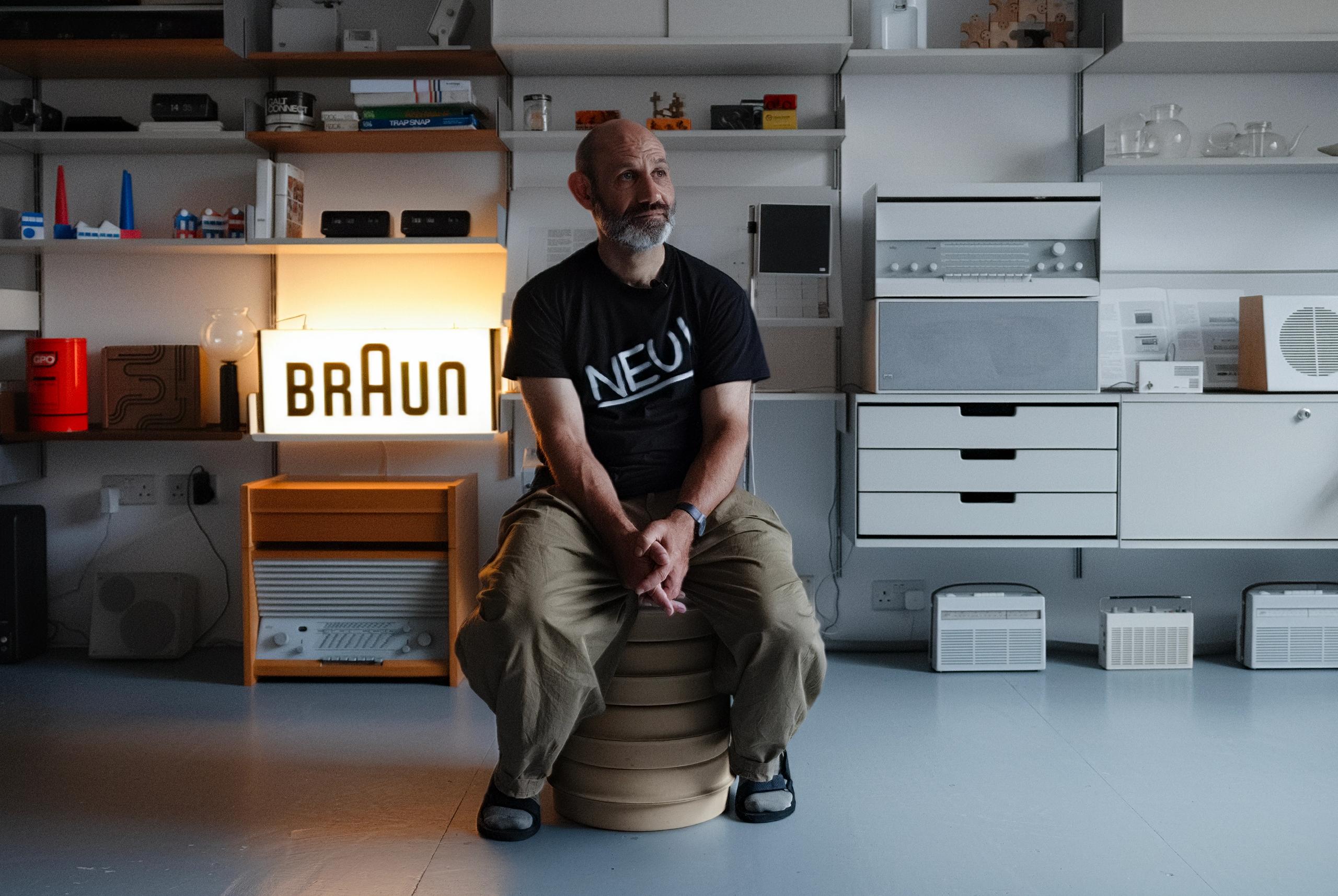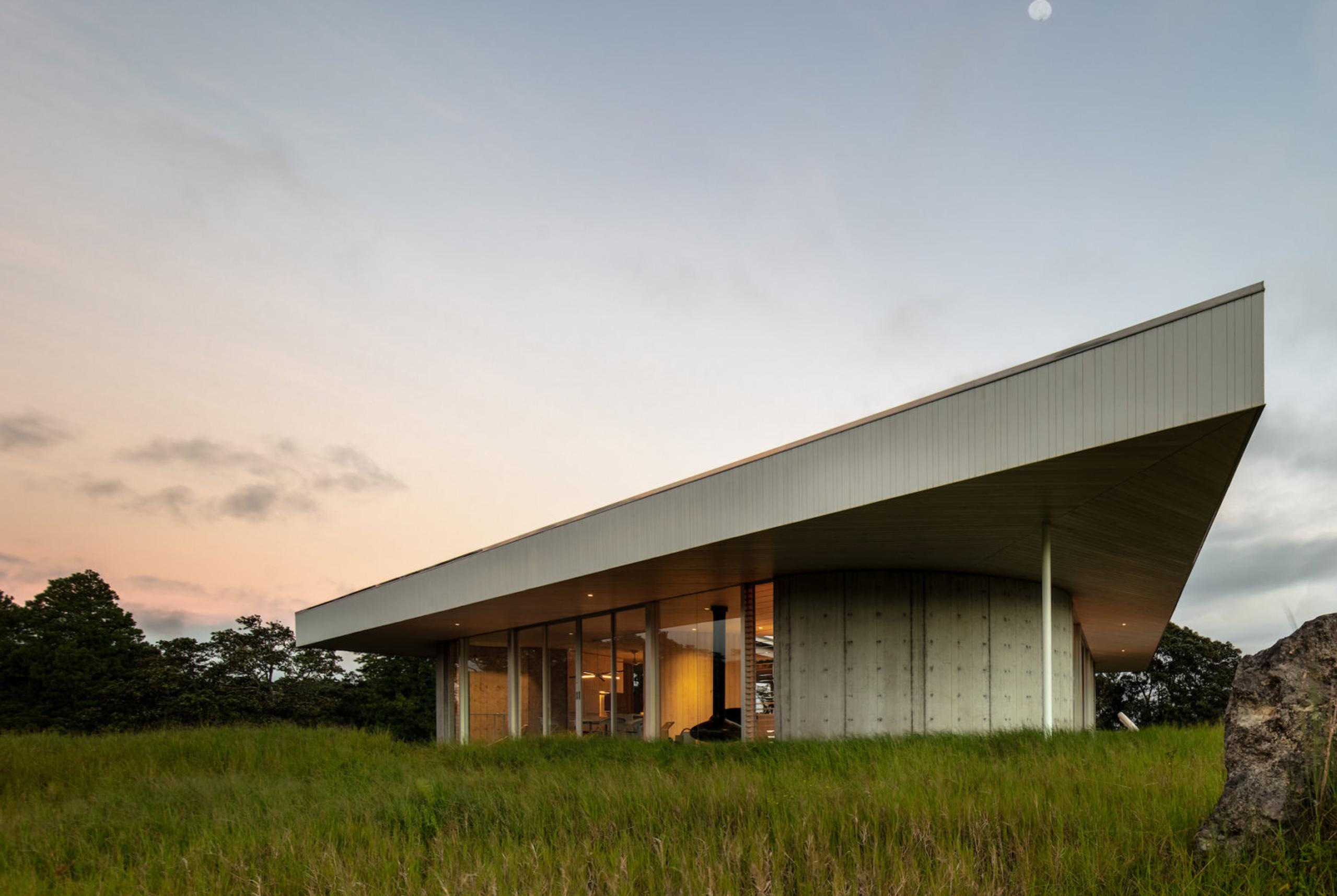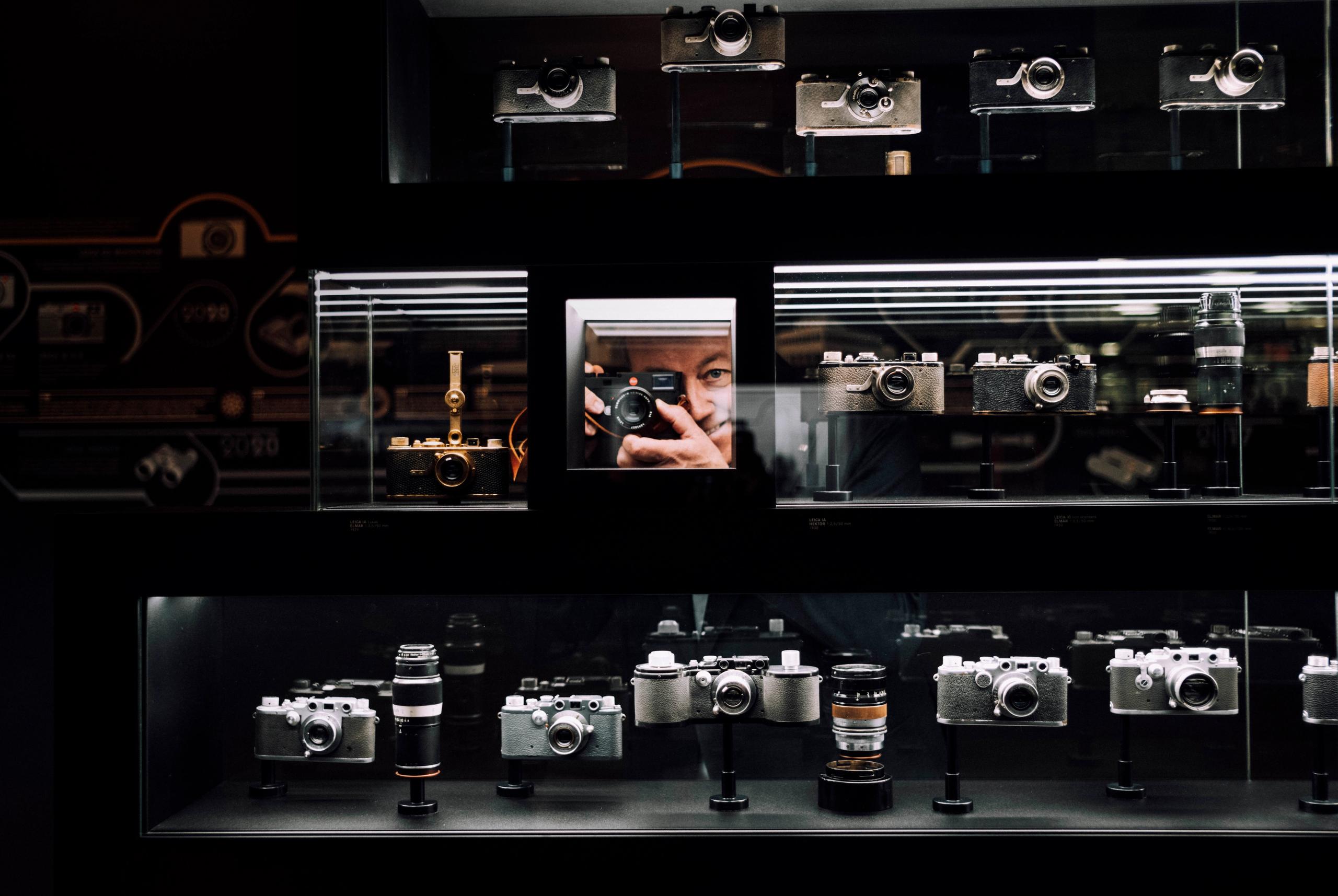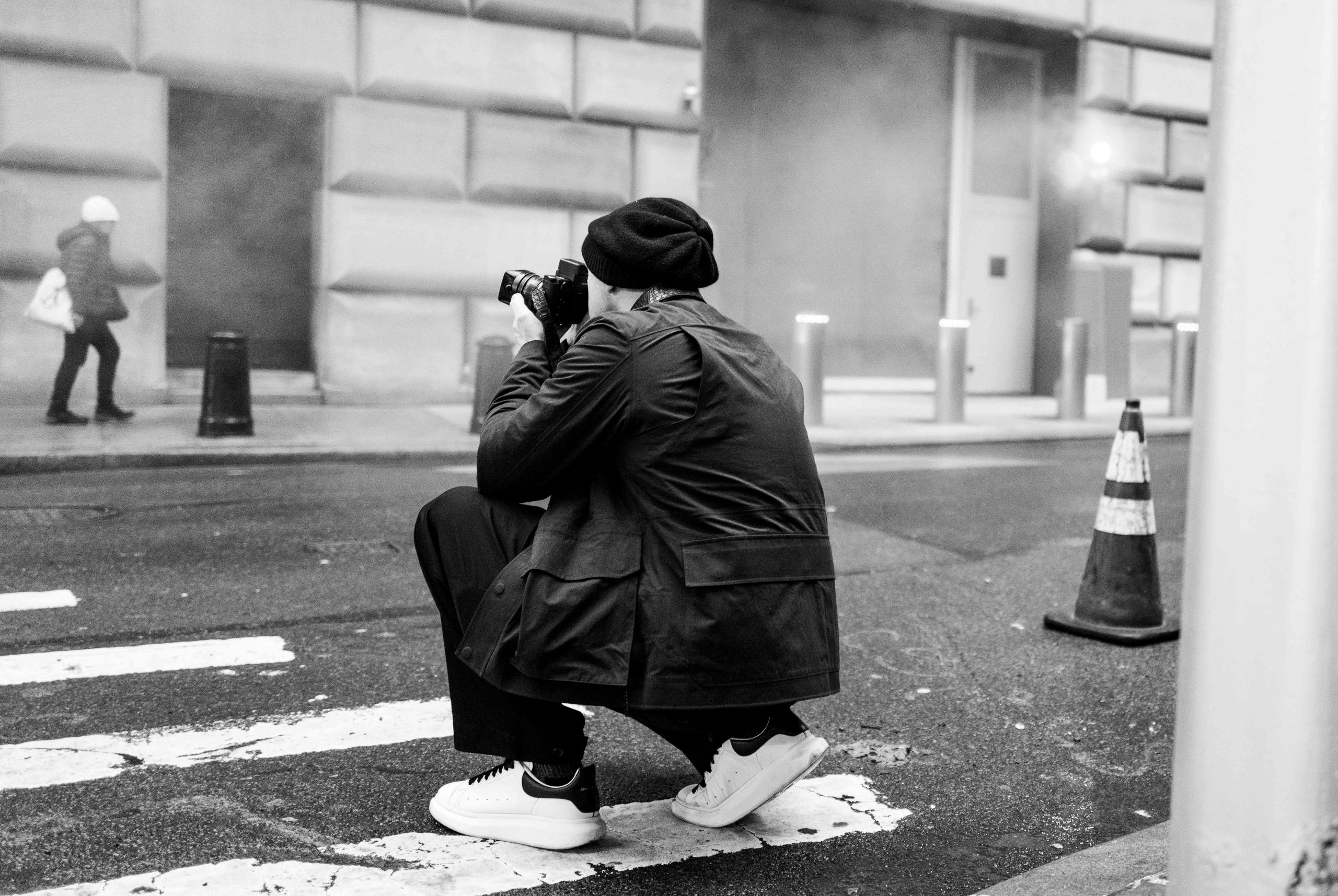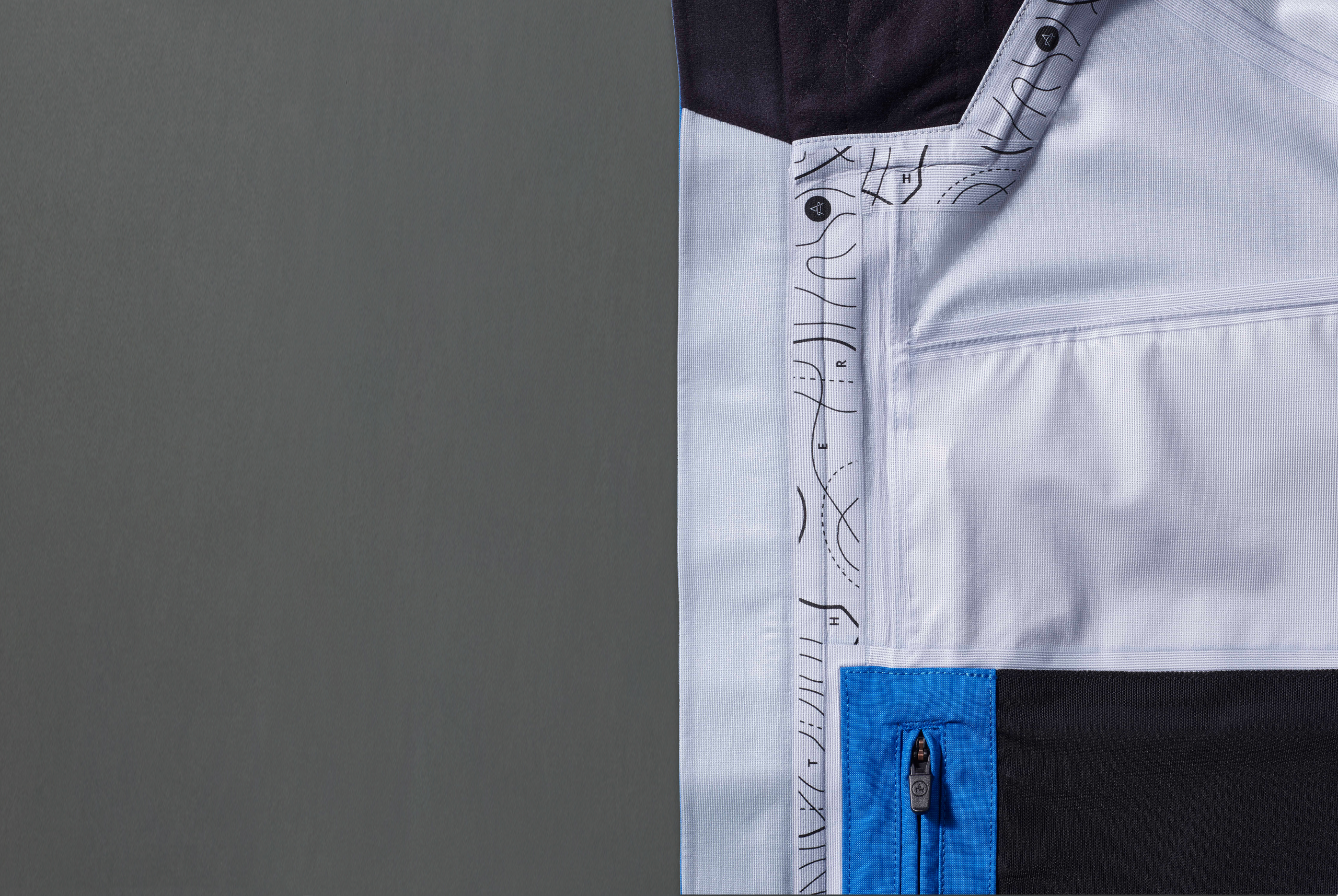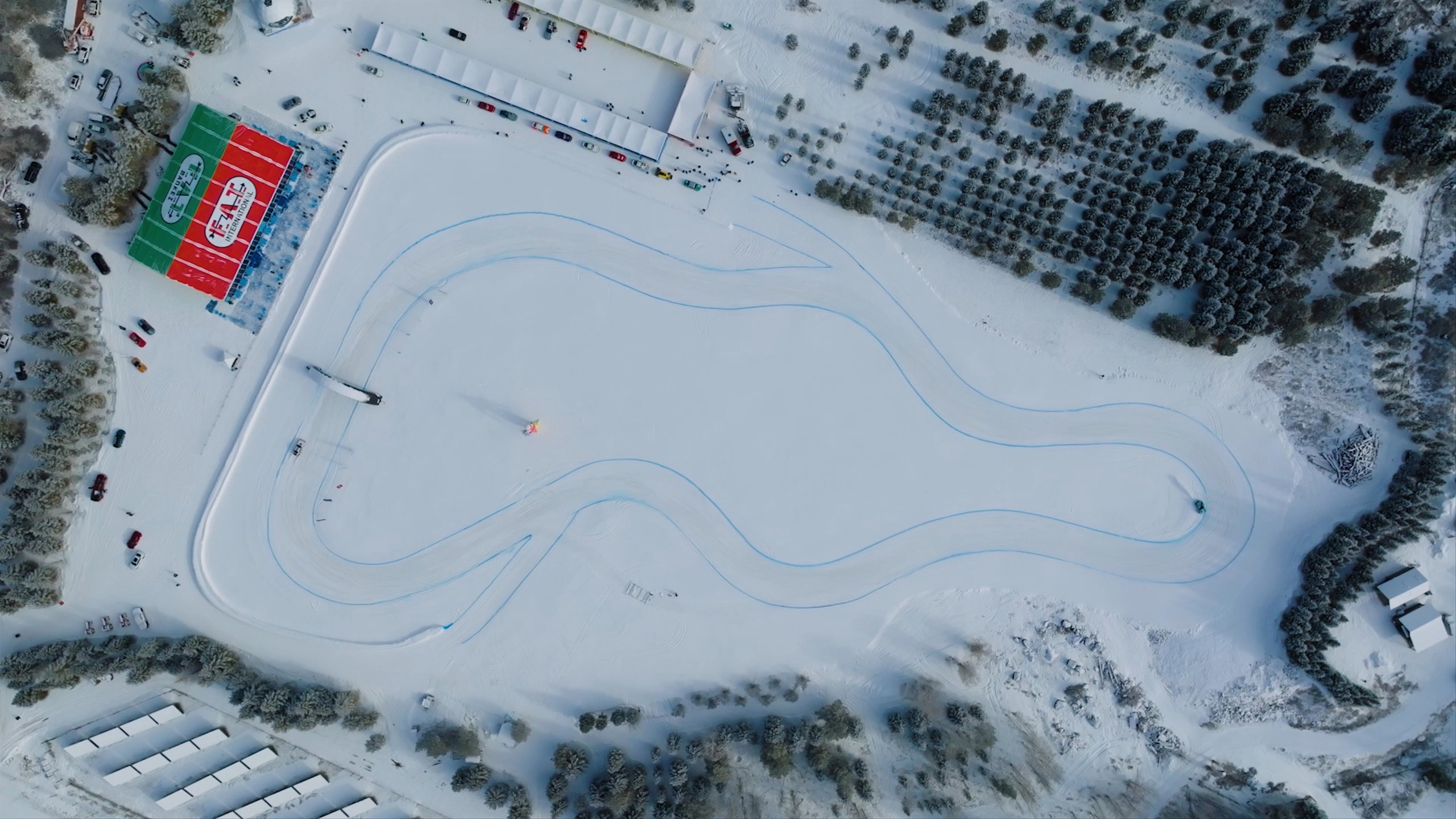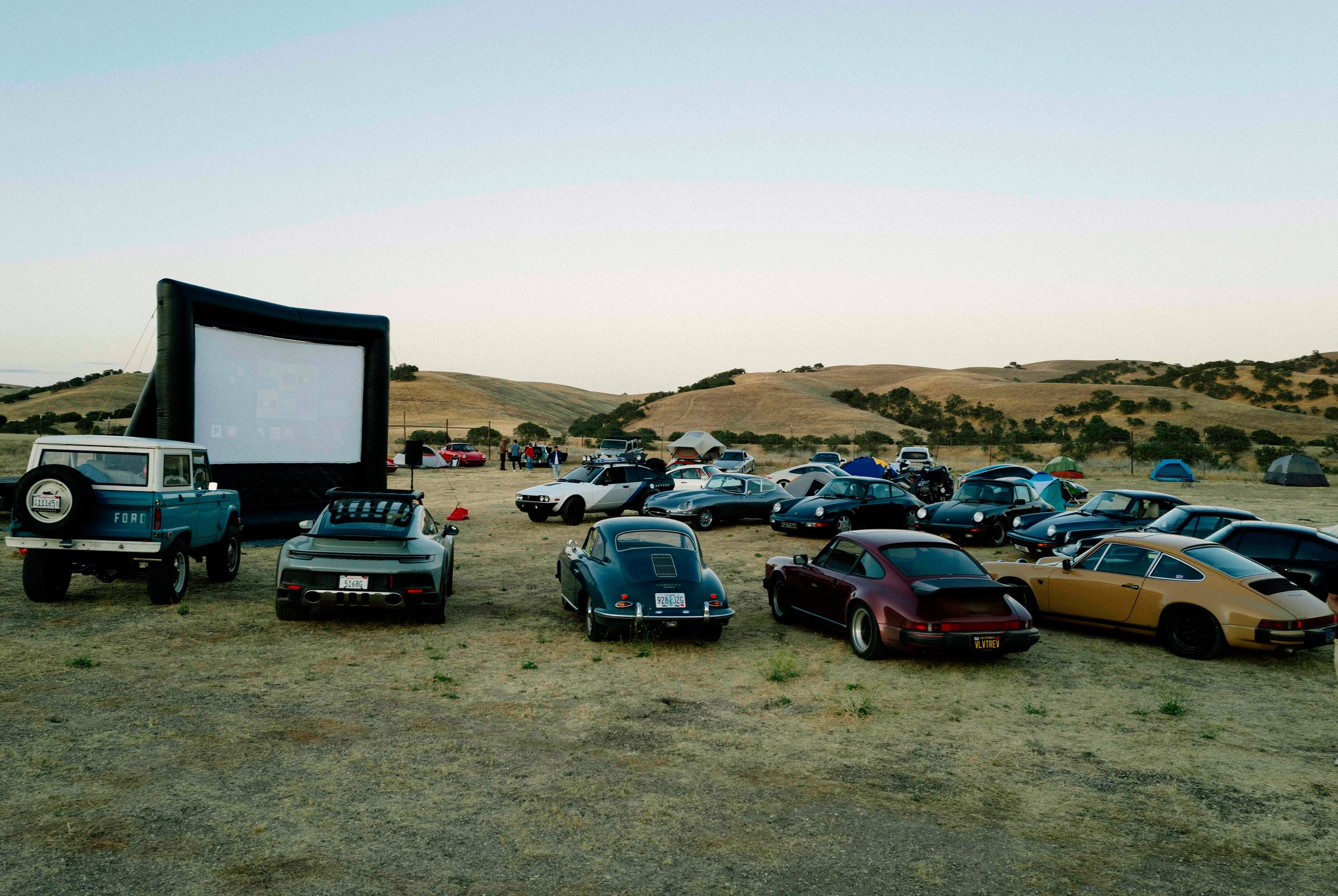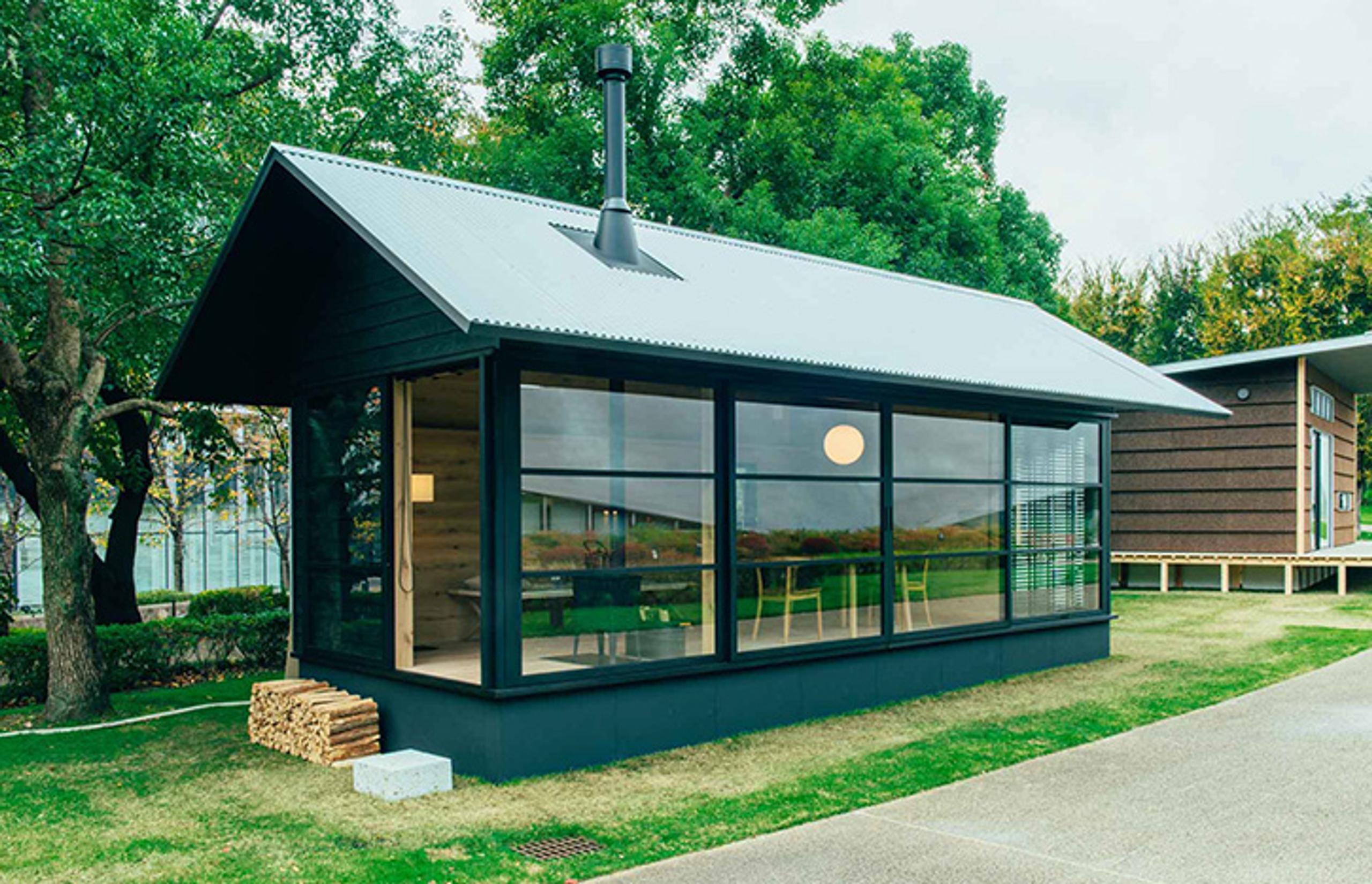
Architecture Spotlight: Muji's Prefab Homes
For design enthusiasts, the tiny house movement is nothing new. It's likely that neither is minimalist Japanese lifestyle brand Muji. What is new though is the Muji Hut, the brand's new line of three ultra-modern, ultra-tiny prefab homes.
In case you're unfamiliar, the tiny house trend is a social movement about sacrificing space for simplicity. With the average size of American homes increasing even as the average family size decreases, a countertrend has manifested over the past decade, focusing on crafting smaller, simpler living spaces. And this phenomenon is not limited to America: Before Muji Hut there was Muji Home, a line of prefab family-sized homes created in response to the limited urban living space in Japanese cities. These homes—first introduced in 2014—start around $150,000 and epitomize the minimal modernism Muji is known for. Muji Hut, which debuted at Tokyo's Design Touch competition late last year, is a smaller (just more than 100 square feet), portable, and more affordable alternative with prices starting around $25,000 each.

Interior of the Wooden Hut.
On the tiny house spectrum, Muji Hut is about as tiny as it gets, making it ideal for a backyard guesthouse, as each one comes with a functioning bathroom and kitchen. And you don't have to worry about sacrificing space for style: Muji hired some of the most prestigious contemporary architects around the world to add their unique flair to the mini residences. The Cork Hut by Jasper Morrison and the Wooden Hut by Noata Fukasawa both have horizontal floorplans, while the Aluminum Hut by Konstantin Grcic has two stories, standing at 4.5 meters high. No word from the brand yet on where or how to purchase your own Muji Hut, but they will hit the market sometime in 2017.

The Cork Hut, designed by Jasper Morrison.

Interior of the Cork Hut.

The Aluminum Hut, designed by Konstantin Grcic.

Interior of the Aluminum Hut.
